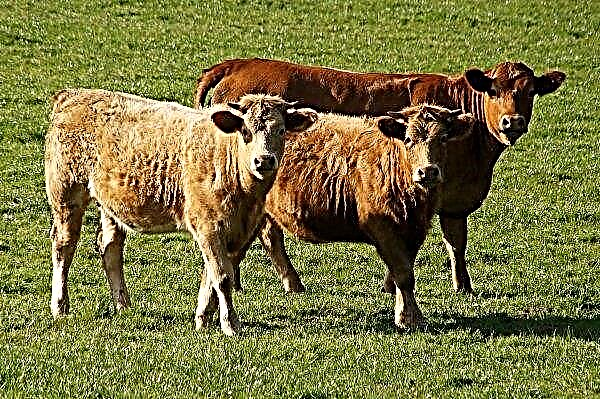The widespread protests of farmers across India against the Regional Comprehensive Economic Partnership (RCEP) have gone largely unnoticed.
All key agricultural states of the state, such as Uttar Pradesh, Punjab, Telangana, Andhra Pradesh, Karnataka, Tamil Nadu and Haryana, have witnessed protests from farmers who demanded that India get out of the economic pact.
As negotiations enter a decisive, final stage next week, farmers are demanding that the Union Government not sign the RCEP agreement.

Farmers' unions, intellectuals and non-governmental organizations working in agriculture and related fields have created the Indian Farmer Movement Coordinating Committee (ICCFM) to organize and coordinate protests.
In a general memorandum to Union Trade Minister Piyush Goyal with copies marked by Prime Minister Narendra Modi, farmers talked about the implications for India of continuing RCEP negotiations.

“There are no obvious advantages for Indian farmers, while, on the other hand, they will be seriously affected by the dumping of subsidized products, with virtually no tariff barriers and other protection mechanisms,” the memorandum says.
The key issues that Indian farmers pose are:
- RCEP will forever reduce import duties on most agricultural commodities to zero. Many countries are seeking to dump their agricultural products in India.
- Seed companies will have more power to protect their intellectual property rights, and farmers will be prosecuted for storing and exchanging seeds.
- Foreign corporations can bypass national courts and sue our governments for supporting our farmers and workers in private arbitration courts.













